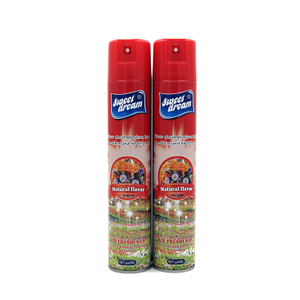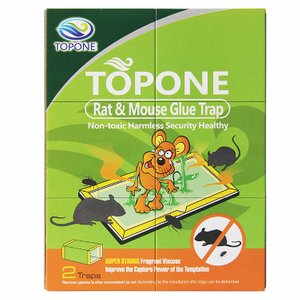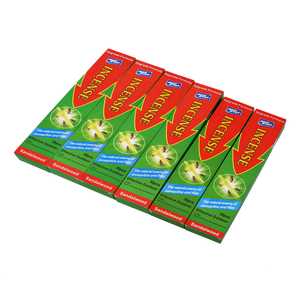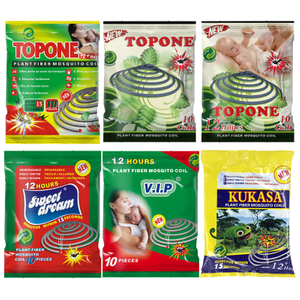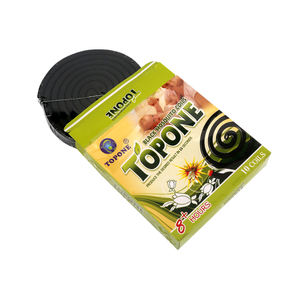Guangzhou Topone Chemical Co.,Ltd
High quality product, professional service, being the core supplier in chemicals industry!
Please Choose Your Language
- English
- العربية
- Français
- Русский
- Español
- Português
- Deutsch
- italiano
- 日本語
- 한국어
- Nederlands
- Tiếng Việt
- ไทย
- Polski
- Türkçe
- አማርኛ
- ພາສາລາວ
- ភាសាខ្មែរ
- Bahasa Melayu
- ဗမာစာ
- தமிழ்
- Filipino
- Bahasa Indonesia
- magyar
- Română
- Čeština
- Монгол
- қазақ
- Српски
- हिन्दी
- فارسی
- Kiswahili
- Slovenčina
- Slovenščina
- Norsk
- Svenska
- українська
- Ελληνικά
- Suomi
- Հայերեն
- עברית
- Latine
- Dansk
- اردو
- Shqip
- বাংলা
- Hrvatski
- Afrikaans
- Gaeilge
- Eesti keel
- Māori
- Home
- About Us
- Product
- News
- Knowledge
- About The Insect Spray Knowledge
- About The Mosquito Electric Liquid &Mat Knowledge
- About The Cockroach Baits & Gel & Trap Knowledge
- About The Mosquito Coil Knowledge
- About The Baby Diapers Knowledge
- About The Laundry Detergent Sheets Knowledge
- About The Air Freshener & Deodorant Body Spray Knowledge
- About The Rat & Mouse Glue Trap Knowledge
- About The Mosquito Repellent Cream Knowledge
- About The TOPONE Product Knowledge
- About The Other Knowledge
- Contact Us
- Feedback

